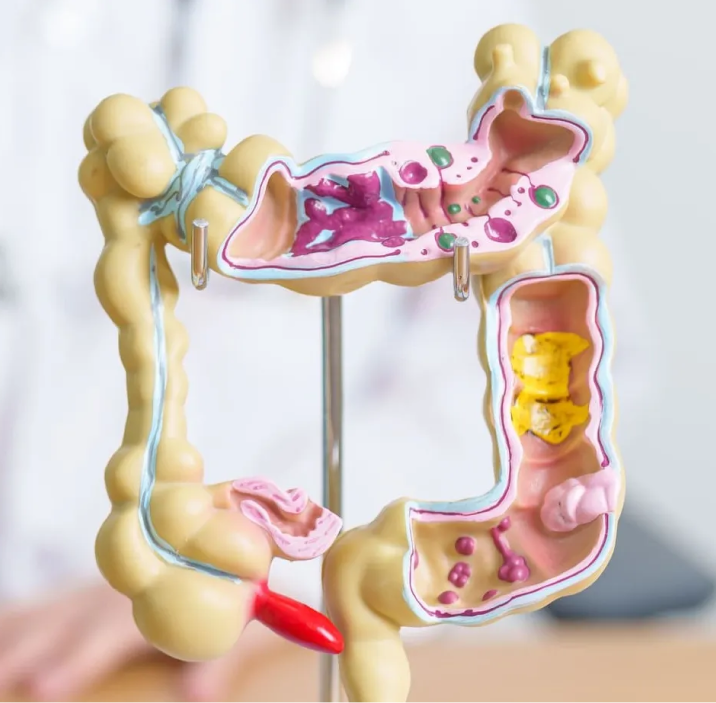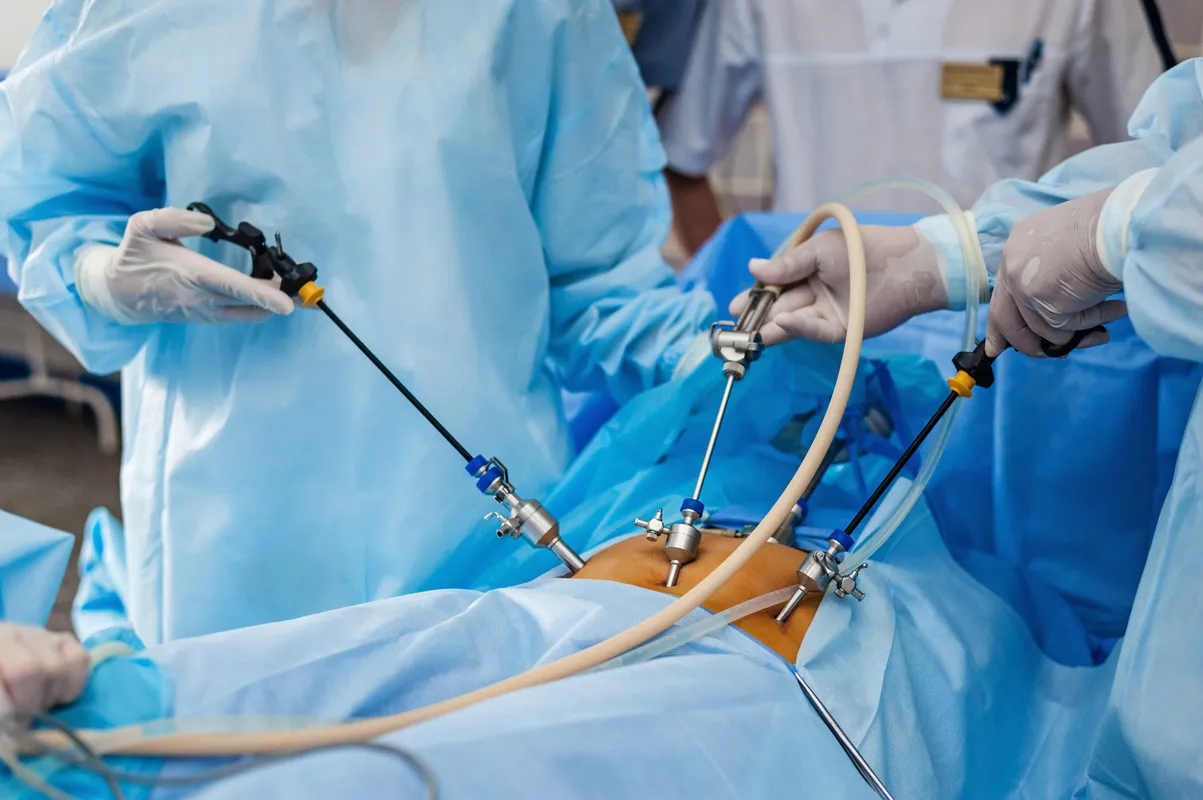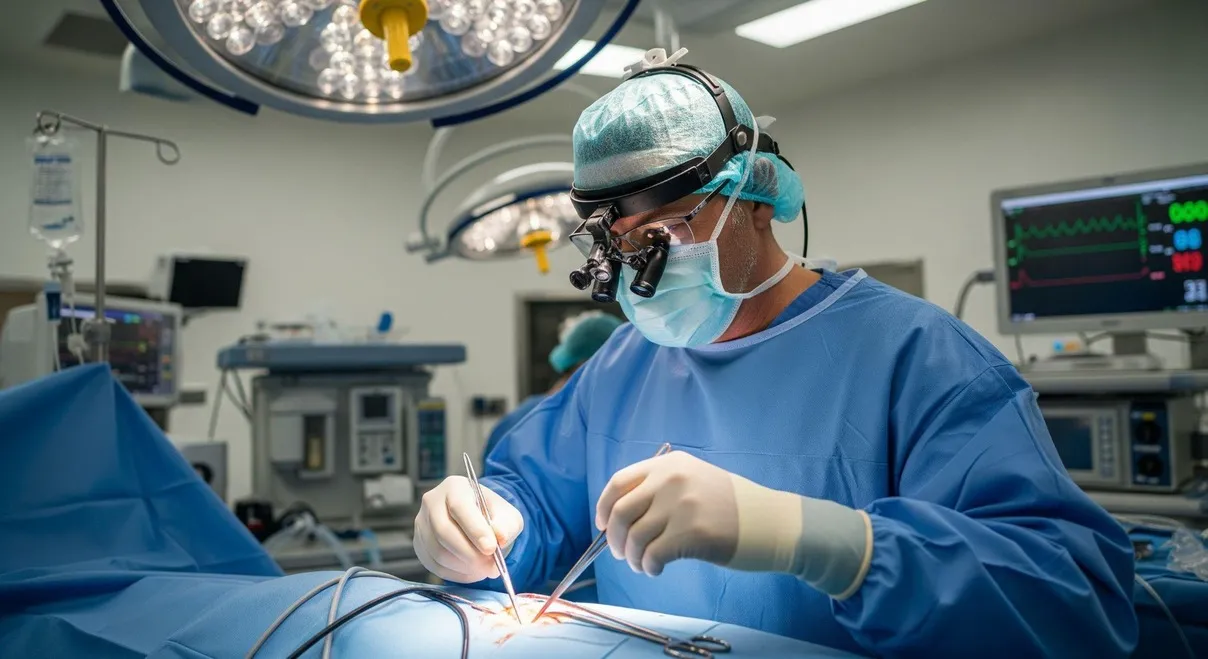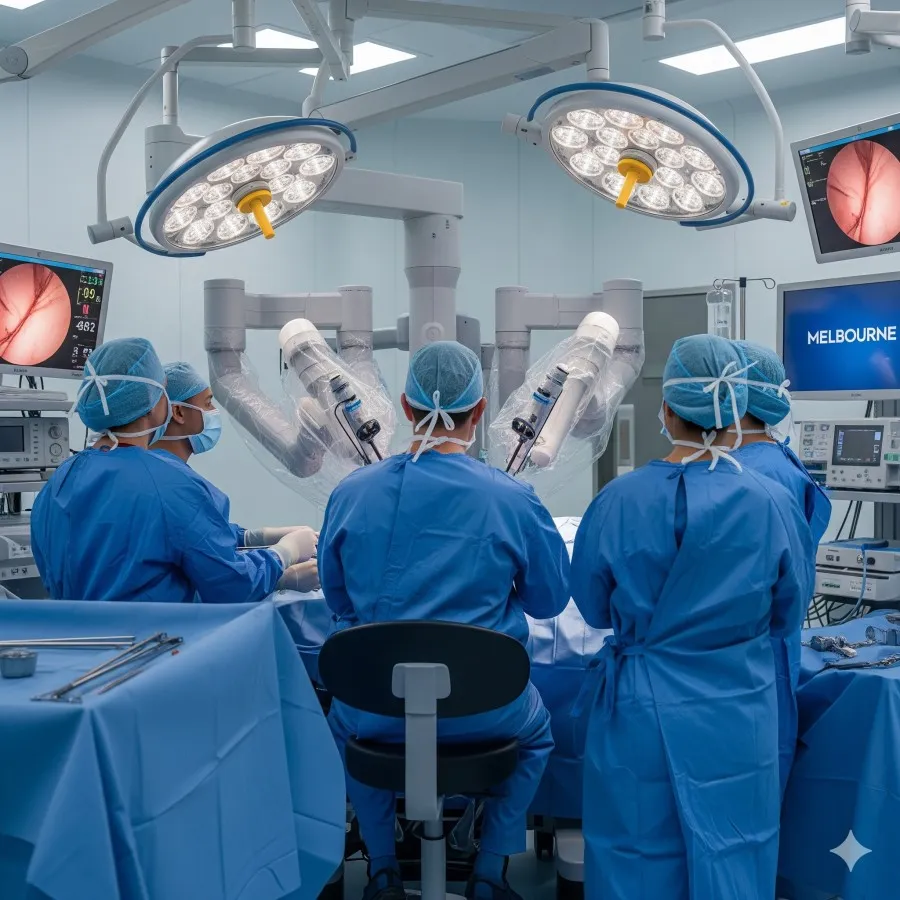
Rectal prolapse can be a concerning and uncomfortable condition that significantly impacts daily life. That uncomfortable feeling of something protruding where it shouldn't be, combined with the worry about what it means, leaves many people wondering whether they need to rush to the emergency room or if it can wait. Let's break down when rectal prolapse becomes truly urgent and when you can breathe a little easier.
What's Actually Happening With Rectal Prolapse
Rectal prolapse happens when your rectum literally turns inside out and pokes through your anus, creating what looks like a red-purple lump. It's not pretty, and it's definitely not comfortable. This mainly affects women in their 60s and 70s, though it can happen to anyone.
There are two types to worry about - full-thickness prolapse, where the entire bowel wall is involved, and partial-thickness, where just the inner lining protrudes. Both can be distressing, but knowing which type you're dealing with helps determine how urgently you need rectal prolapse treatment in Melbourne.
When You Need to Drop Everything and Get Help Now
Some situations with rectal prolapse absolutely cannot wait. If you're bleeding heavily and it won't stop or keeps getting worse, that's your cue to get medical help immediately. Heavy bleeding can signal serious tissue damage that needs urgent attention.
Here's the really scary one - if that prolapsed tissue gets stuck and you can't gently push it back in, you're looking at a medical emergency. When the prolapse becomes trapped, blood supply can get cut off, which can cause serious damage to the tissue.
If the prolapsed tissue looks dark, black, or becomes extremely swollen, this means blood flow is compromised and you need emergency rectal prolapse treatment in Melbourne right away. The tissue is basically dying without proper blood supply.
Sudden, severe pain that comes out of nowhere or dramatically worsens also means something's gone wrong. While prolapse usually causes discomfort rather than excruciating pain, a sudden change in pain intensity suggests complications that need immediate attention.
Signs That Mean "Soon" Rather Than "Right Now"
Not every prolapse symptom requires a mad dash to the hospital, but some definitely need prompt attention. If your prolapse episodes are happening more often, lasting longer, or the prolapse itself is getting bigger, it's time to seriously consider rectal prolapse treatment in Melbourne.
Worsening incontinence that's starting to control your life rather than the other way around needs professional help. The good news is that proper treatment improves incontinence symptoms in about half of all patients, so there's real hope for getting your life back.
When you find it increasingly difficult to push the prolapse back in manually, or when what used to be a small, manageable issue becomes a large, obvious problem, you're dealing with progression that won't fix itself.
When Home Remedies Stop Working
Kids sometimes get lucky with rectal prolapse - avoiding straining and gentle care can occasionally solve the problem naturally. Adults? Not so much. Full-thickness prolapse in adults almost always requires surgical rectal prolapse treatment in Melbourne to get lasting relief.
If you've been trying dietary changes, pelvic floor exercises, and being extra careful about bathroom habits for several weeks without improvement, it's time to accept that you need professional help. Continuing to hope it'll go away on its own usually just leads to the problem getting worse and requiring more complex surgery later.
Ongoing bleeding with mucus, even if it's not dramatic, indicates persistent irritation that benefits from proper treatment. These symptoms rarely disappear without intervention and can really mess with your quality of life.
What Treatment Actually Looks Like Today
Modern rectal prolapse treatment in Melbourne offers some genuinely effective options that don't involve weeks of recovery or terrible complications. Laparoscopic ventral rectopexy has excellent success rates, especially for older patients, and avoids the constipation problems that used to plague older surgical techniques.
The laparoscopic procedure places mesh between the rectum and vagina for support, securing it to nearby tissues. Most patients tolerate this approach well and see good results over time.
Other options include the Delorme procedure and Altemeier rectosigmoidectomy. Your surgeon will choose the best approach based on your anatomy and health. Treatment is always individualised to what works best for each person.
Getting the Help You Need
At Bayside Colorectal Group, we know prolapse symptoms can be worrying and uncomfortable. Many people put off getting help, but seeing a specialist earlier usually means better treatment options.
We use detailed testing, including muscle function studies and ultrasound to understand exactly what's happening. This helps us work out the right treatment approach for you.
If prolapse is affecting how you live day to day, it's worth getting it checked out properly. Our team at Bayside Colorectal Group can talk through what's happening and what options might help in your situation.
Disclaimer: This information is for educational purposes only and should not replace professional medical advice. Always consult with your healthcare provider for personalised treatment recommendations.
Recent Blog
-

Robotic & Minimally Invasive Surgery for Rectal Cancer in Melbourne
Receiving a rectal cancer diagnosis brings many questions, particularly about treatment options...
-

Life After APR Surgery: Stoma Care & Recovery in Melbourne
If you are reading this, chances are you or someone you love...
-

How Robotic Colorectal Surgery in Melbourne Improves Precision & Recovery
Introduction Colorectal surgery is a critical treatment for conditions like colon cancer,...
-

Choosing the Best Specialist for Rectal Prolapse Treatment in Melbourne
Dealing with rectal prolapse isn't something you planned for. Most people have...
-

How Robotic Surgery Reduces Hospital Stays for Melbourne Colorectal Patients
Robotic surgery is transforming the procedure of colorectal surgery these days. For...
-

Melbourne’s Multidisciplinary Approach to Rectal Cancer: Why It Matters
There is no doubt that sometimes facing a diagnosis of rectal cancer...
-

How Long Does APR Surgery Take? Melbourne Surgeon Explains
It’s very common that when doctors recommend APR surgery, it may sound...
-

Can Physiotherapy Cure Rectal Prolapse? Melbourne Pelvic Floor Clinics Respond
Dealing with rectal prolapse? You're not alone, and you definitely don't need...
-

Patient Experiences with Robotic Colorectal Surgery in Melbourne
Nobody really wants to think about needing bowel surgery. But if you...











